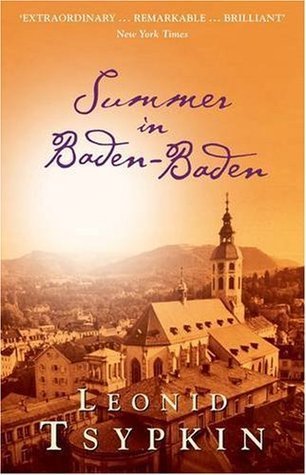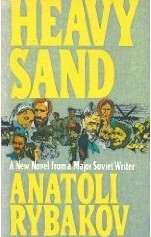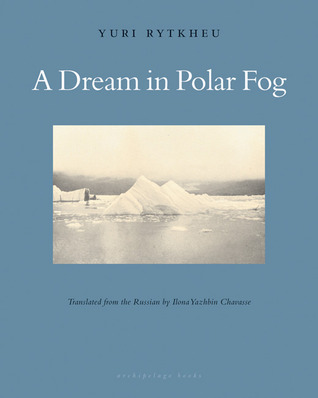
Dreams of My Russian Summers
Book Description
Amidst the golden hues of a Russian summer, a young boy unravels the mysteries of love, loss, and the enduring spirit of his family. Through the eyes of an unforgettable narrator, the beauty of nature dances with the shadows of political turmoil, evoking a world where dreams collide with stark reality. As the sun sets over endless fields, secrets are whispered and hearts are tested, casting a haunting spell that envelops the summer days. What sacrifices must one make to grasp the fleeting echoes of happiness? In this poignant tale, will hope rise from the ashes of despair?
Quick Book Summary
"Dreams of My Russian Summers" by Andreï Makine is a lyrical coming-of-age novel set against the backdrop of Soviet and post-Soviet Russia. The narrative follows a boy as he spends his summers with his enigmatic French grandmother, Charlotte Lemonnier, in a small Siberian town. Through Charlotte’s evocative storytelling about pre-revolutionary Russia and her life in France, the boy discovers profound truths about identity, history, and the endurance of love. As he matures, the beauty and brutality of both his personal and national histories unfold. The novel explores how family legends and individual memory illuminate the darker realities of political oppression and personal loss, offering a poignant testament to hope and the resilience of the human spirit.
Summary of Key Ideas
Table of Contents
The Power of Storytelling and Memory
The story unfolds through the recollections of the unnamed narrator, who looks back upon his childhood summers in Soviet Russia. These sun-drenched seasons are suffused with nostalgia and the formative presence of his grandmother, Charlotte. The golden landscapes become a backdrop for intimate conversations, lessons, and the gradual unveiling of family mysteries. Charlotte, with her stories of France and Tsarist Russia, introduces the boy to a world that exists beyond the austere limitations of Soviet life, imbuing his upbringing with a sense of wonder and yearning.
Cross-Cultural Identity and Belonging
Charlotte’s narratives are central, weaving together fragments of personal and national history while nurturing the young narrator’s imagination. Through her, he learns of lost loves, wartime suffering, and the heartbreak of tradition torn asunder by revolution and oppression. The act of remembering—both joyful and painful—profoundly shapes his sense of self and frames the broader question of how individual destinies are intertwined with historical forces. Here, memory serves as both a sanctuary and a vehicle for personal growth, challenging the simplistic certainties of the present.
Political Turmoil and Personal Loss
As the narrator confronts adolescence and the complex realities of Soviet life, the contrast between his grandmother’s shimmering recollections and the drabness of his immediate surroundings becomes ever starker. Political repression, loss, and the constraints of a closed society gradually encroach on the innocence of youth. Yet, these hardships also ignite a search for meaning and belonging, driving the narrator to reconcile the “dreams” of other times and places with the truths he must face at home.
Coming of Age Amid History's Shadows
Nature emerges as both a refuge and a mirror for the characters’ inner lives. The landscape—vast, indifferent yet beautiful—echoes the shifting moods of the narrator and Charlotte. The rhythms of the seasons parallel the cycles of memory and history. Amid fields ablaze with sunlight, the boundaries between past and present, reality and dream, blur, highlighting how the physical world underlines and amplifies the emotional journeys of the characters.
Nature as Reflection of Inner Life
Ultimately, "Dreams of My Russian Summers" offers a meditation on the survival of hope amid adversity. It explores the sacrifices made for love and memory and the courage required to build one’s identity from disparate cultural inheritances. Even as histories collide and dreams slip away, the enduring bonds of family and the persistent human longing for beauty and truth offer solace. The novel closes on a note both melancholic and luminous, affirming the resilience of the human soul.
Download This Summary
Get a free PDF of this summary instantly — no email required.





